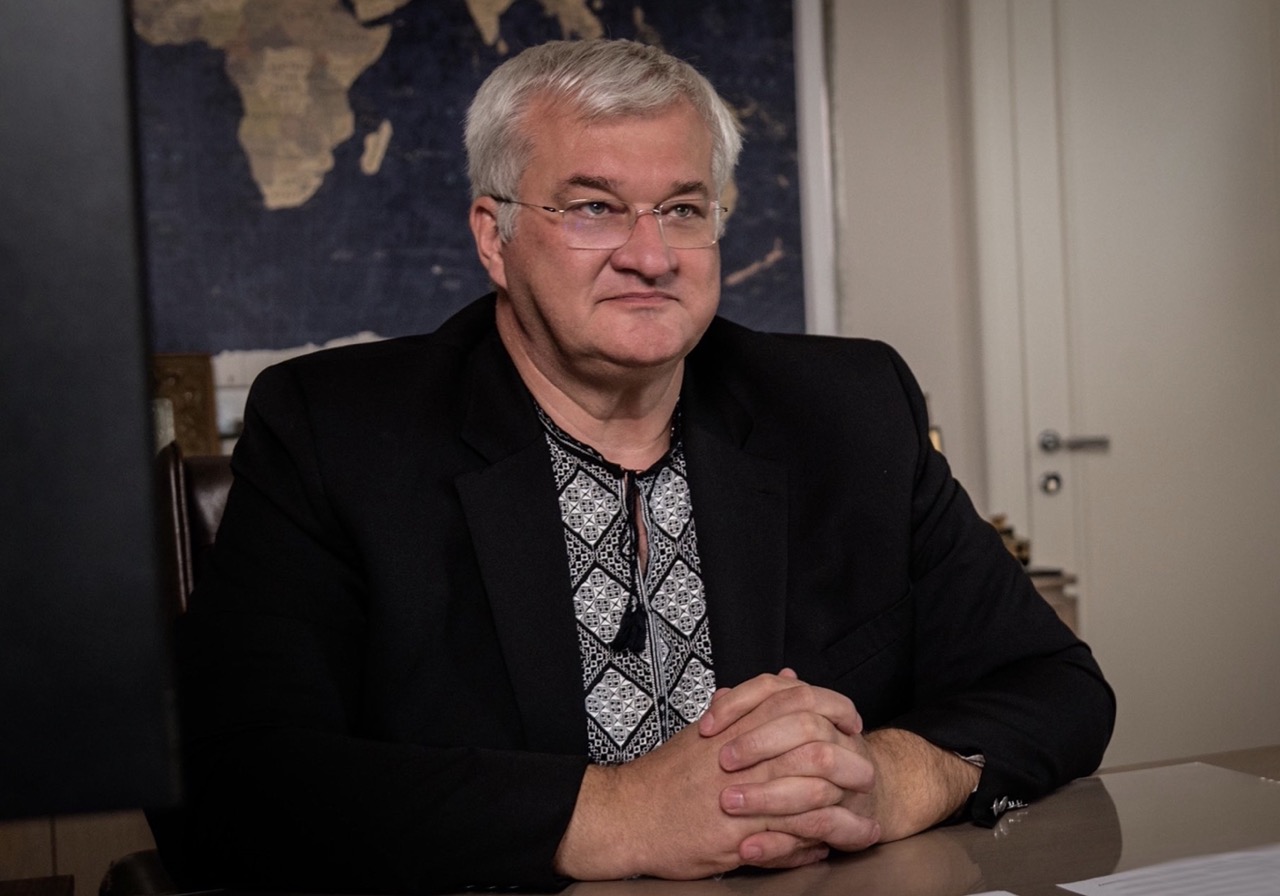Ukrainian Foreign Minister Andrii Sybiha declared Russia "worse than Hamas" on 10 October 2025, hours after Moscow launched 465 drones and 32 missiles against civilian and energy infrastructure across Ukraine.
Why Russia is "worse than Hamas"
"Russia is worse than Hamas. Even Hamas has agreed to a ceasefire and peace efforts. To the contrary, Moscow continues the senseless war it began—the war it cannot and will not win," Sybiha wrote on X.
The foreign minister pointed to Moscow's three-year pattern of "aggressive actions, terrorist methods, and ultimatums" while rejecting "any meaningful diplomacy and peace efforts." The timing itself carried symbolism reminiscent of the Kremlin’s taste for dark anniversaries: Russia launched its first massive energy attack on 10 October 2022, using 84 cruise missiles and 24 drones that damaged 30% of Ukraine's power grid.
Overnight barrage cripples multiple regions
The latest strike injured dozens across nine regions while cutting power to Kyiv, Kharkiv, Poltava, Zaporizhzhia, and Dnipro. Ukrainian air defenses intercepted 405 drones and 15 missiles, but significant damage occurred to energy facilities.
Ukrainian President Volodymyr Zelenskyy called it "a cynical and calculated attack, with more than 450 drones and over 30 missiles targeting everything that sustains normal life." Prime Minister Yuliia Svyrydenko described it as one of the largest concentrated strikes against Ukraine's energy infrastructure since the invasion began.
Three-year pattern of winter energy warfare
The 10 October 2022 attack killed 14 people, injured 97, and triggered rolling blackouts that marked the start of Russia's winter energy campaign. Each subsequent cold season has brought intensified strikes, leaving even major cities such as Kyiv and Kharkiv facing substantial electricity shortages.
The cumulative damage now threatens Ukraine's ability to heat homes as temperatures drop. Recent strikes knocked out nearly 60% of gas production capacity, forcing Kyiv to secure €1.9 billion in emergency loans for winter fuel imports.
"Genocide under Article II (c)"
"Depriving people of energy amid dropping autumn temperatures amounts to genocide under Article II (c) of the Genocide Convention: creating unbearable conditions of life in order to destroy a national group," Sybiha argued.
He praised Ukrainian energy workers as "true heroes" restoring power under fire, but stressed the country needs increased international energy assistance to survive the winter.
Three-pronged pressure strategy
Sybiha outlined his response framework: "Economic pressure of biting sanctions, military pressure of stronger support for Ukraine, and political pressure of full isolation."
"Putin must feel that the cost of continuing the war exceeds the cost of stopping it. He must feel that continuing this war endangers his regime," the foreign minister stated.
Related:
- Russia destroys 60% of Ukraine's gas production weeks before winter heating season
- Putin mocks the West's silence as Russia bombards Ukraine with Western-made components - Zelenskyy




